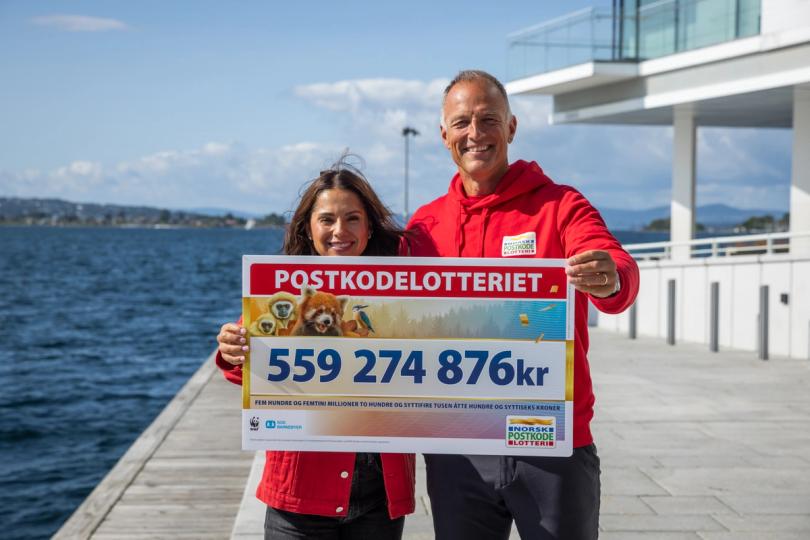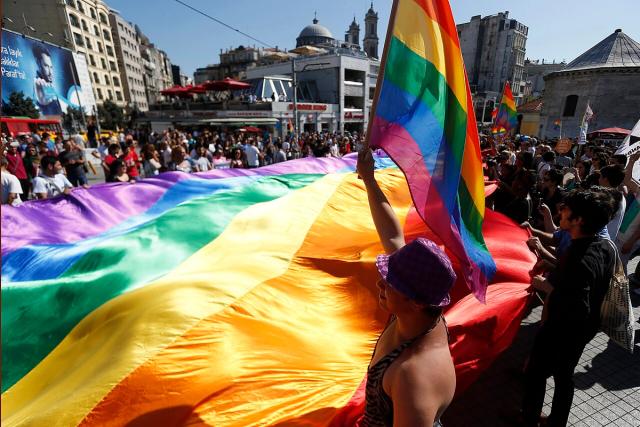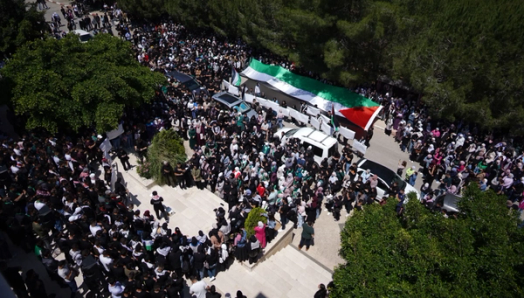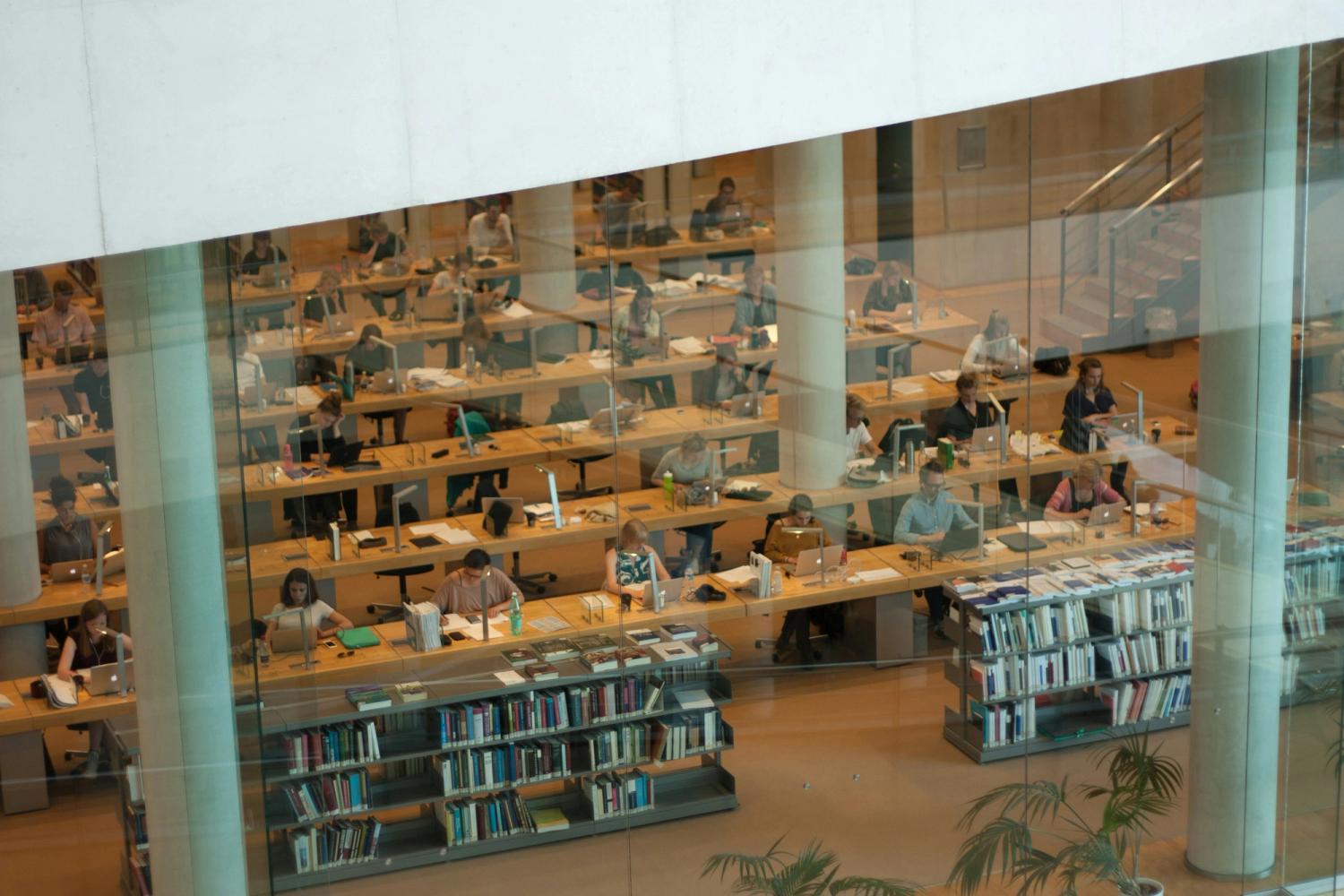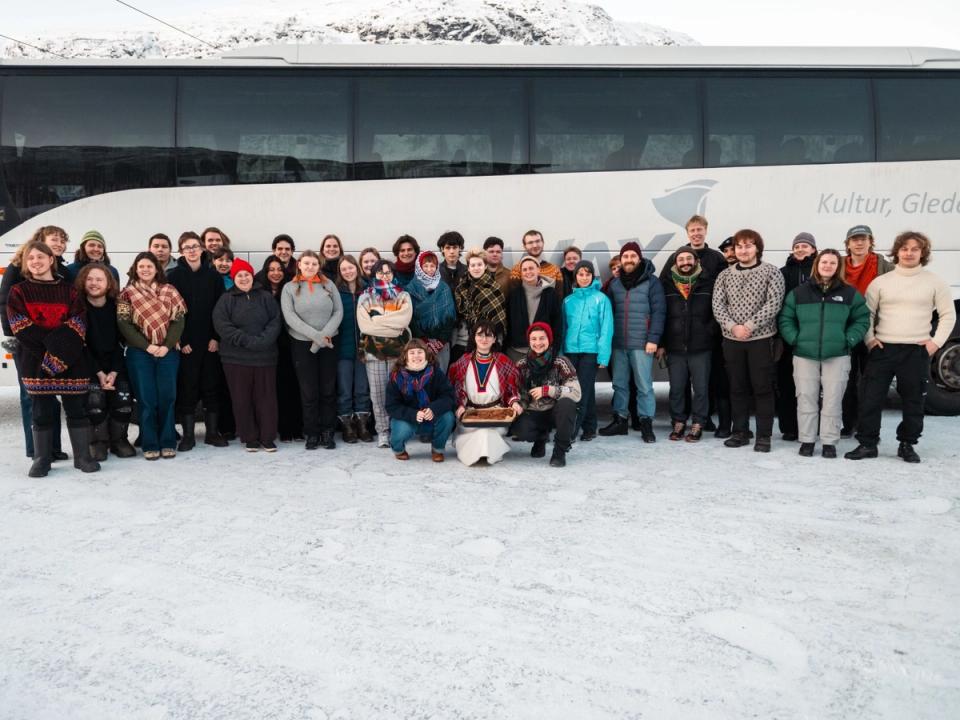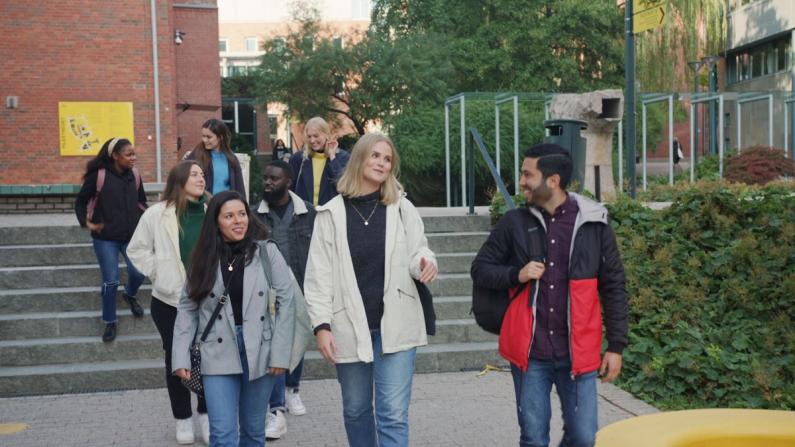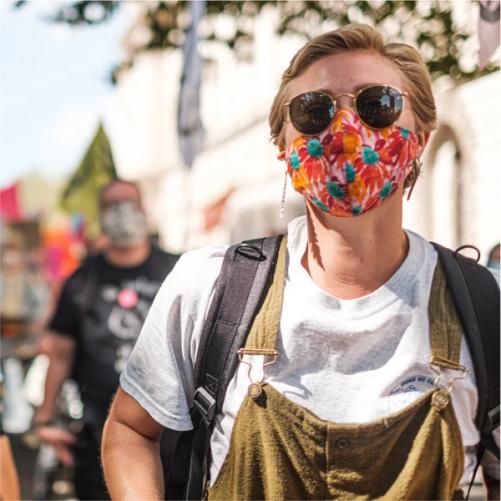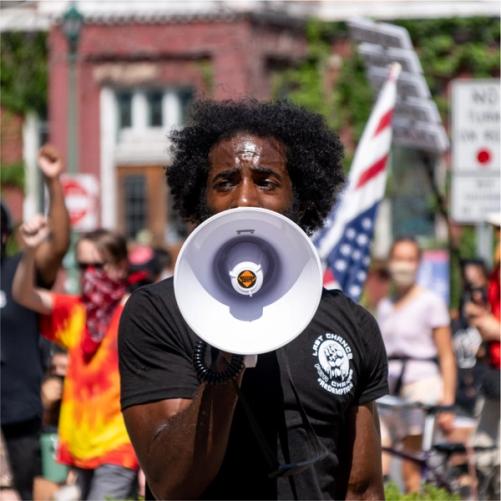Nyhet
SAIHs leder, Kathrine Sund, holder innlegg i FNs Generalforsamling
SAIHs Leder Kathrine Sund er reist med den norske delegasjonen til FNs Generalforsamling. Hun deltar i 3. komité for sosiale, menneskelige og kulturelle spørsmål, hvor hun skal holde et innlegg som omhandler blant annet jenters tilgang til utdannelse, viktigheten av utdanning, også utover grunnutdanningen, og unges deltakelse. Hele innlegget er gjengitt nedenfor (på engelsk).
Kathrine er i New York samme med Norges andre ungdomsdelegat, Lars-Henrik Michelsen (unge Venstre). Her er hans Vlog: www.unvlog.org
Les også intervju med Kathrine, her.
Kathrines innlegg:
Mr. Chairman, Distinguished delegates,
”Education is the most powerful weapon which you can use to change the world.” These are the words of Nelson Mandela.
Today’s generation of young people is the largest in history. The sad thing is that half of it is living in poverty. Almost a quarter of the world's youth is living in extreme poverty, on less than $ 1 per day. And young people account for nearly half of all new HIV infections. Every single day, approximately 6000 young people are infected.
This is the world we want to change. And education is our weapon.
Mr. Chairman,
The Millennium Development Goal #2 focuses on primary education. If the world actually succeeds in providing primary education to all children within 2015 it is, of course, a major accomplishment. It is not enough, though. In order for the education to contribute as much as possible to development and an increasing balance of power, there has to be awareness around what kind of education is offered. Children should not be sent to school just to fill up the seats. They should receive an education which is of good quality and relevant for their everyday life.
In order for this to happen, the entire education system has to be strengthened. Secondary and tertiary education are also important. A strong system of secondary and tertiary education is essential in order to empower people to participate in society, to allow them to promote changes and to facilitate the possibility of economic development.
Mr. Chairman,
Without education, one does not have the tools necessary for entering the many arenas of power at national or international level. This does, of course, have a major effect on individuals. And even worse, it has a major effect on marginalizing already suppressed groups, both at national and international level. They are excluded from the arenas where decisions about their lives are being made. This is a mechanism that prevents development; it even enhances the status quo.
Mr. Chairman,
Let me attract your attention to three groups that are especially vulnerable with regards to education and influence.
Firstly, indigenous peoples. Not all types of education are positive. The education system may, instead of empowering marginalized groups, be used to “mainstreaming” them into becoming a part of the dominating culture. Indigenous peoples are often among the most vulnerable groups in a society. It is therefore especially important that their culture and needs are respected within the education system. Luckily enough, the voice of indigenous peoples themselves can today be clearly heard as it is formulated in the United Nations Declaration on the Rights of Indigenous Peoples adopted this summer by the Human Rights Council. Hopefully, it will also be adopted by the General Assembly. Let its articles 12-15 be the guiding star of all UN activities in the field of education.
Secondly, the discrimination of women and girls is still a great challenge all around the world. The Millennium Development Goal # 3 promotes gender equality in education. Last year, the world missed the first part of this goal; to eliminate gender disparity in primary and secondary education by 2005. Still, two-thirds of children denied primary education are girls, and 75 % of the world’s illiterate adults are women. As a consequence, women are being excluded from the arenas of power, and society is deprived of a large part of its brainpower. Action needs to be taken now. The girls and women of the world have already been waiting too long.
Thirdly, I would like to mention children and youth in conflict zones. Out of the 115 million children that are not receiving primary education today, 43 million are living in conflict zones. These children have already lost much of their childhood. Without education they may also loose their future.
Mr. Chairman,
Education is a typical issue where the political decision-making at all levels should include youth participation. So are many of the other issues discussed here at the General Assembly. It is a great honor for me, as a youth delegate from Norway, to have the opportunity to speak here today. It is especially important because this session is designated to discussing youth issues. I look around, though, without seeing many young people. Here might be many experts on youth issues and challenges. The real experts, though, are the youths themselves. Youth participation at all levels of the United Nations is essential. Not only because we are the leaders of tomorrow. But most of all because we are the experts on the challenges we are facing today.
Mr. Chairman,
- We urge all governments to focus on the strengthening of the entire education systems in developing countries, making the system able to provide an education of good quality, relevant for the everyday life, in respect of local culture and sensitive to the needs of marginalized groups.
- We urge the General Assembly to adopt the United Nations Declaration on the Rights of Indigenous Peoples.
- We urge all governments to eliminate gender disparity in all levels of education no later than 2015.
- We urge the international community to take responsibility for the education of children and youth in conflict zones, through ensuring that education as a humanitarian response is resourced and coordinated, and that a percentage of funds raised through UN flash appeals for emergencies are earmarked for the education sector.
- We urge governments to include youth representatives when issues related to youth are being debated, and to send youth delegates to the UN General Assembly.
Mr. Chairman,
In order to change the world we have to forge Nelson Mandela’s weapon of choice. Because only through education can those that are excluded from power be empowered, those lost in poverty be lifted, and those oppressed by brute force or exclusion of knowledge be set free. Poverty, oppression, illiteracy, decease and discrimination are our enemies and education is our weapon. So let us make sure this powerful weapon is made accessible for all, updated for the 21st century and used exclusively in the pursuit of a better life for everyone.
Thank you.
